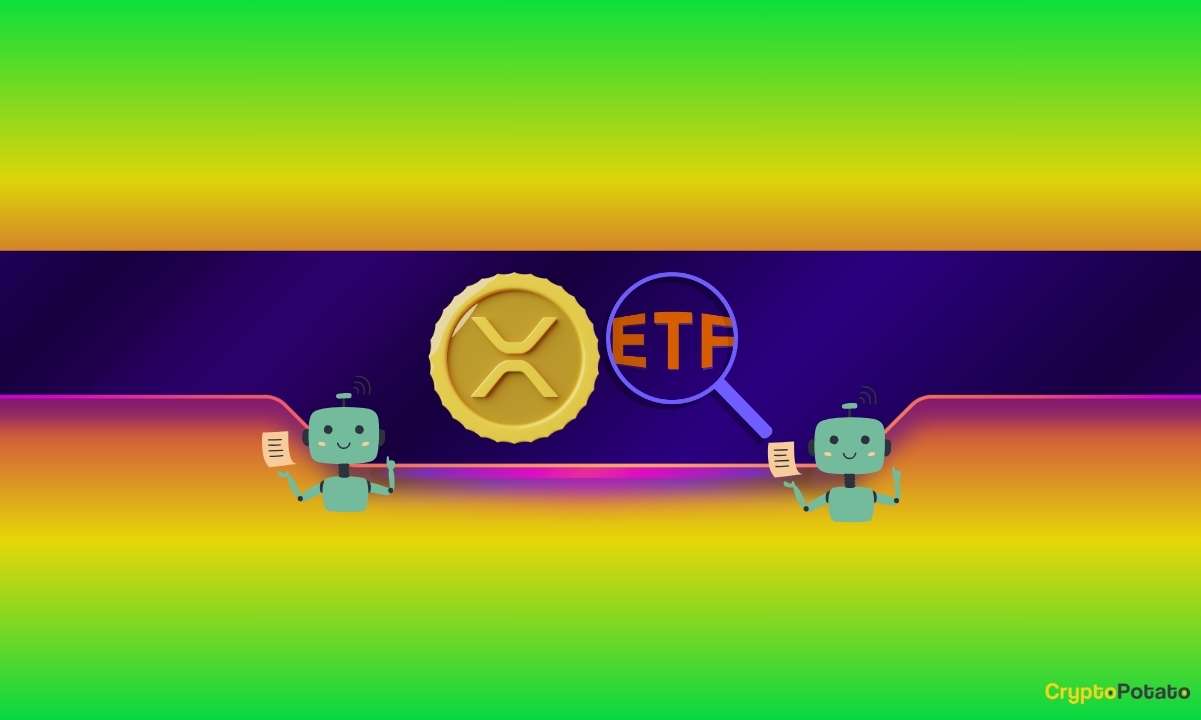The latest backronymic digital asset legislation has arrived in the United States: the House of Representatives passed the CLARITY Act, which focuses on clarifying the structure of digital asset markets and the regulators in charge.
This week, the U.S. Senate Banking Committee released a request-for-information and discussion draft of new digital asset market structure legislation, which it said ‘builds upon’ the concepts established in the CLARITY Act.
“For too long, outdated laws and regulatory uncertainty around digital asset market structure have hindered American innovation and left consumers without adequate protections,” said Senator Bill Hagerty (R-TN), member of the Senate Banking Committee.
“This discussion draft demonstrates a strong commitment to unlocking the full potential of the digital asset economy by delivering responsible legislation that reflects input from stakeholders, fosters innovation, establishes consistent guardrails, and ensures the United States remains a global leader in digital assets.”
Though the new discussion draft contains new provisions, it is heavily based on the CLARITY Act passed by the House last week.
For how many long-standing questions it purports to answer, the CLARITY Act has the potential to be a hugely significant piece of legislation.
For example, it includes provisions that would protect digital assets originally sold under investment contracts—a form of regulated securities, and to which the famous Howey test is addressed—from being deemed investment contracts by association.
It also exempts secondary distributions of digital assets—the sale of the asset by someone who is not the issuer—will also be exempt from being deemed an investment contract.
It also confronts the Securities and Exchange Commission (SEC) vs Commodity Futures Trading Commission (CFTC) regulatory turf war. The SEC is granted additional jurisdiction over specific forms of digital assets, such as ‘permitted payment stablecoins’ as defined under the GENIUS Act. The SEC is given the authority to prevent fraud, manipulation, and insider trading in the stablecoin context. However, the CFTC retains authority over stablecoin transactions that occur on a CFTC-registered platform.
It allows entities to be dually registered with both the SEC and the CFTC. It puts the onus on the SEC to issue rules that protect dual-registered entities from ‘duplicative, conflicting or unduly burdensome’ obligations that might arise as a result.
On the other hand, it gives the CFTC primarily regulatory responsibility over spot digital commodities. Entities offering spot digital commodities must register with the CFTC as a digital commodity broker, a digital commodity dealer, or a digital commodity exchange. Any time a regulated entity wants to offer a new digital asset commodity, it must certify to the CFTC that the asset complies with any applicable rules and include an analysis of whether the asset satisfies CFTC standards. Without explicit disapproval, the listing automatically takes effect 20 business days after the certification is filed.
It also creates a new category of regulated entity called ‘Qualified Digital Asset Custodians.’ These would be entities that hold digital assets on behalf of Act-registered persons or entities. The CFTC is responsible for creating rules governing QDACs, including those relating to licensing, recordkeeping, and capital requirements.
Senate seeks feedback
The CLARITY Act will next be reviewed by the Senate, which is where the discussion draft comes into the picture. The discussion draft runs along very similar lines to the document passed in the House, though some differences exist. The Senate draft refers to assets associated with investment contracts as ‘ancillary assets’, and provides a mechanism for issuers to self-certify that these ancillaries do not grant additional rights.
Alongside the draft legislation, the Senate put out a call for feedback and pointed out questions that may be instructive regarding the approach the Banking Committee seeks to take.
In the request-for-information released yesterday, the Senate Banking Committee said it is particularly interested in feedback on whether the new legislation strikes the right balance between the CFTC and SEC in terms of how regulatory responsibility is allocated.
Notably, it also explicitly asks whether the legislation should rely on the Howey test—a longstanding legal test to determine whether an asset offering amounts to an investment contract and therefore a security—in cases of digital asset offerings.
It also contains some of the latent suspicion regarding the SEC’s approach to digital assets circulating through the digital asset industry, which has particularly caught fire since President Donald Trump took office. For example: “Should Congress revisit other terms within the existing definition of security, such as note, to accommodate digital assets and to prevent a later SEC from inappropriately construing these terms?”
It also further suggests that the allocation of responsibility between the SEC and CFTC is far from settled, asking for feedback on whether market participants should be able to choose whether they are subject to SEC or CFTC jurisdiction. The last substantive item on the request for feedback even proposes a potential self-regulatory organization ‘with participation by the SEC and CFTC’ in order to ‘encourage better cooperation between the SEC and CFTC regarding digital asset regulation.’
Responses to the Senate’s questions are due August 5.
Watch: Breaking down solutions to blockchain regulation hurdles

















 English (US) ·
English (US) ·